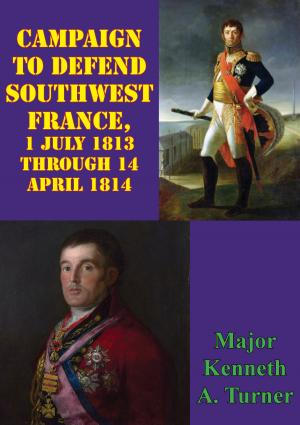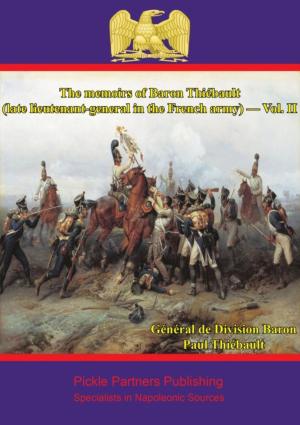Trifles From My Portfolio; Or, Recollections Of Scenes And Small Adventures - Vol. I
During Twenty-Nine Years Military Service In The Peninsular War And Invasion Of France
Nonfiction, History, Spain & Portugal, France, Military| Author: | Surgeon Walter Henry | ISBN: | 9781782890126 |
| Publisher: | Wagram Press | Publication: | February 25, 2013 |
| Imprint: | Wagram Press | Language: | English |
| Author: | Surgeon Walter Henry |
| ISBN: | 9781782890126 |
| Publisher: | Wagram Press |
| Publication: | February 25, 2013 |
| Imprint: | Wagram Press |
| Language: | English |
As a “cutter”, or regimental surgeon, Walter Henry faced the bloodiest side of the military on no less than three continents. “In December 1811 he became an assistant surgeon in the 66th Foot, with which he served throughout the Peninsular War, participating in numerous actions including Badajoz, Vitoria, and Nivelle. Henry was posted to India and Nepal in 1815 with the regiment’s first battalion, which was recalled in 1817 to join the second battalion in garrisoning the south Atlantic island of St Helena, where Napoleon was confined. He found the former French emperor “unsightly and obese”; in 1821 he kept the official notes made during Napoleon’s autopsy. Subsequently he served with the 66th in Ireland (1822–27), and in 1826 was made regimental surgeon.
In 1827 Henry arrived in the Canadas with his regiment, which was stationed at Quebec (1827–30 and 1835–39), Montreal (1830–31), Kingston (1831–33 and 1834–35), and York (Toronto) (1833–34). Promoted surgeon to the army medical department in 1839, he remained at Quebec until 1841, when he was posted to Halifax where four years later he became a deputy inspector general of military hospitals. He returned to England in 1848 but in 1852 came back to Quebec as inspector general in charge of military medical services in British North America. His career seems not to have had medical distinction. Nevertheless his memoirs leave little doubt of his surgical competence, and his courage was exemplary both in battle and while performing equally dangerous work such as during the cholera epidemics.”Dict. Canadian Bio.
A valuable memoir for both early life in Canada and a surgeon’s life in the Napoleonic Wars.
As a “cutter”, or regimental surgeon, Walter Henry faced the bloodiest side of the military on no less than three continents. “In December 1811 he became an assistant surgeon in the 66th Foot, with which he served throughout the Peninsular War, participating in numerous actions including Badajoz, Vitoria, and Nivelle. Henry was posted to India and Nepal in 1815 with the regiment’s first battalion, which was recalled in 1817 to join the second battalion in garrisoning the south Atlantic island of St Helena, where Napoleon was confined. He found the former French emperor “unsightly and obese”; in 1821 he kept the official notes made during Napoleon’s autopsy. Subsequently he served with the 66th in Ireland (1822–27), and in 1826 was made regimental surgeon.
In 1827 Henry arrived in the Canadas with his regiment, which was stationed at Quebec (1827–30 and 1835–39), Montreal (1830–31), Kingston (1831–33 and 1834–35), and York (Toronto) (1833–34). Promoted surgeon to the army medical department in 1839, he remained at Quebec until 1841, when he was posted to Halifax where four years later he became a deputy inspector general of military hospitals. He returned to England in 1848 but in 1852 came back to Quebec as inspector general in charge of military medical services in British North America. His career seems not to have had medical distinction. Nevertheless his memoirs leave little doubt of his surgical competence, and his courage was exemplary both in battle and while performing equally dangerous work such as during the cholera epidemics.”Dict. Canadian Bio.
A valuable memoir for both early life in Canada and a surgeon’s life in the Napoleonic Wars.

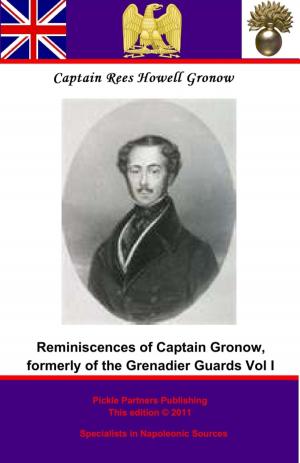

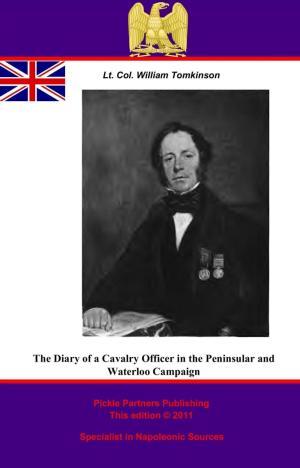
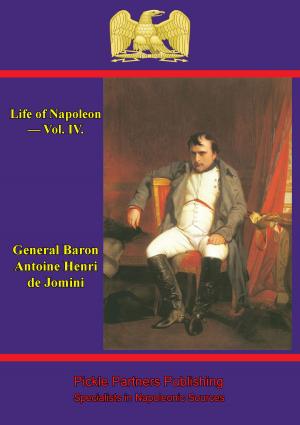
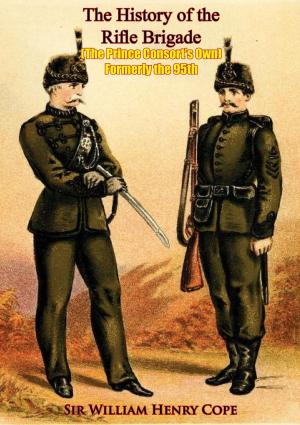
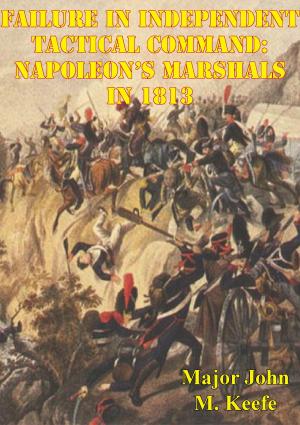
![Cover of the book The Campaign of Waterloo – A Military History [Illustrated Edition] by Surgeon Walter Henry](https://www.kuoky.com/images/2012/may/300x300/9781908902634-Wbug_300x.jpg)
